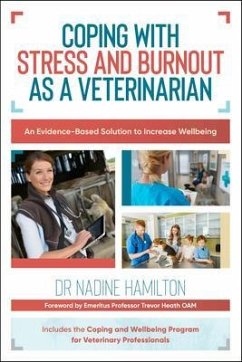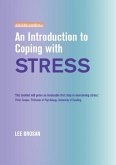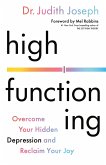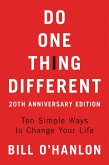Being a veterinarian can be a rewarding, challenging and demanding career requiring a passion for animals, great interpersonal skills and a strong work ethic.
It also has a dark and very dangerous side.
The suicide rate for veterinarians is almost four times higher than the general population across the UK, Australia, US, New Zealand and Canada. The effects of working long hours, performing euthanasia on animals, emotional pressure, financial issues, unrealistic expectations, and dealing with distressed clients places considerable stress on both the vet themselves and their families at home. Failure to cope with such stress upsets mental wellbeing and can lead to serious emotional, physical, and behavioural issues. For some it leads to death.
If we are to reduce this suffering we need to find out what hinders a vet's wellbeing and use targeted solutions that work. In this unique book, psychologist Dr Nadine Hamilton presents an examination of the problem, the ways vet mental health is influenced by their daily work and the science we can use to tackle it head on. Drawing from the fields of positive psychology, acceptance and commitment therapy, career construction theory, and resiliency studies, she outlines a promising new weapon in the profession's fight against suicide.
Included in this book is a concise self-help version of her ground-breaking Coping and Wellbeing Program for Veterinary Professionals - an evidence-based psycho-educational intervention to educate vets on how to develop protective attitudes, enhance wellbeing, and increase their coping skills.
This is a book for every veterinarian, veterinary student and veterinary nurse.
It also has a dark and very dangerous side.
The suicide rate for veterinarians is almost four times higher than the general population across the UK, Australia, US, New Zealand and Canada. The effects of working long hours, performing euthanasia on animals, emotional pressure, financial issues, unrealistic expectations, and dealing with distressed clients places considerable stress on both the vet themselves and their families at home. Failure to cope with such stress upsets mental wellbeing and can lead to serious emotional, physical, and behavioural issues. For some it leads to death.
If we are to reduce this suffering we need to find out what hinders a vet's wellbeing and use targeted solutions that work. In this unique book, psychologist Dr Nadine Hamilton presents an examination of the problem, the ways vet mental health is influenced by their daily work and the science we can use to tackle it head on. Drawing from the fields of positive psychology, acceptance and commitment therapy, career construction theory, and resiliency studies, she outlines a promising new weapon in the profession's fight against suicide.
Included in this book is a concise self-help version of her ground-breaking Coping and Wellbeing Program for Veterinary Professionals - an evidence-based psycho-educational intervention to educate vets on how to develop protective attitudes, enhance wellbeing, and increase their coping skills.
This is a book for every veterinarian, veterinary student and veterinary nurse.
Dieser Download kann aus rechtlichen Gründen nur mit Rechnungsadresse in A, D ausgeliefert werden.









